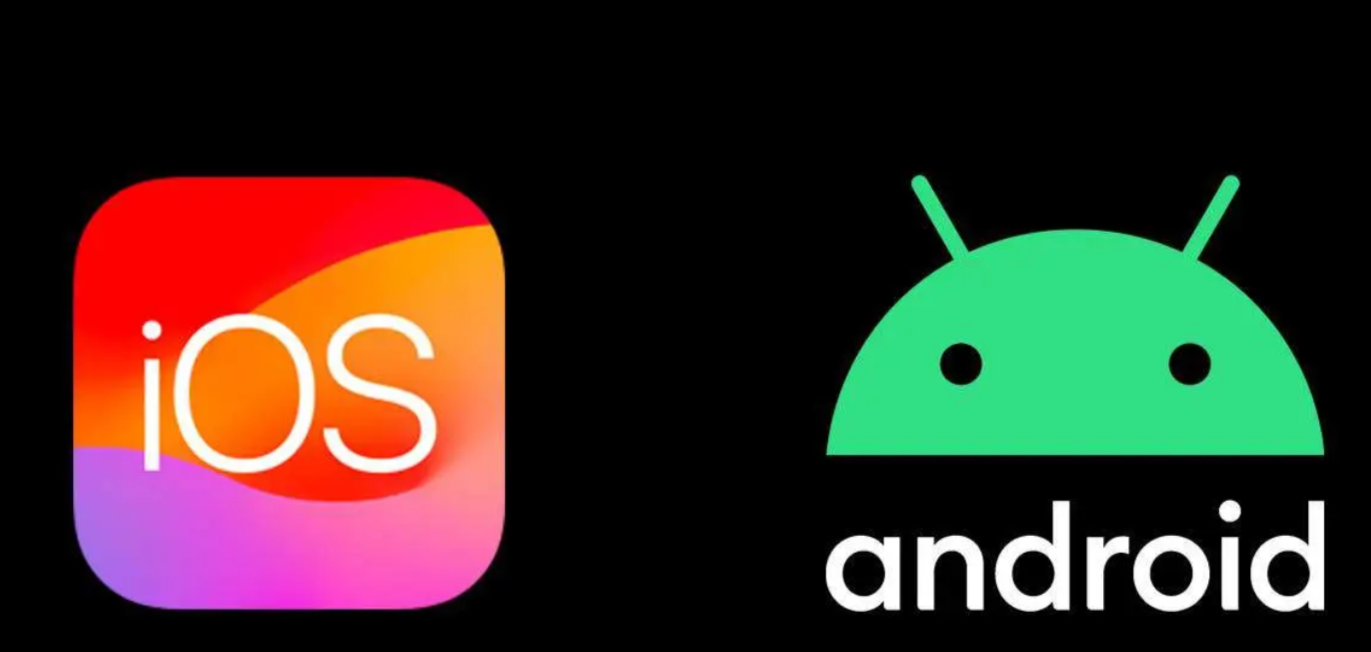The Battle of Mobile Operating Systems: Will There Ever Be a Third Competitor?

So, we gotta wonder: Is a third heavy-hitter in the mobile OS scene even possible? We're gonna dive into the saga of mobile OS battles, the hurdles newcomers face, and the possibility of a new player stepping up to the plate.
1. The Reign of Android and iOS
A. Grip on the Market
Recent market data say that Android owns about 70% of the global smartphone scene. iOS holds 29%. That tiny 1% left goes to less common operating systems, which shows battling the big guys is super tough.
✔ Android (Google made it) - It's free for any brand to tinker with. You see it in Samsung, OnePlus, Xiaomi, and others.
✔ iOS (Apple's brainchild) - It's a tight-knit club that lets iPhones and iPads hang out.
The reason these two are at the top is their stacked app stores solid networks, and fans that stick around.
B. What's with Other Phone Systems Not Making It?
Loads of firms gave it a shot to launch new mobile operating systems, but no dice—they just couldn't stand up long enough to take on the big guys Android and iOS.
| Mobile OS | Developer | Reason for Failure |
|---|---|---|
| Windows Phone | Microsoft | Lack of app support, late entry into the market |
| BlackBerry OS | BlackBerry | Failure to adapt to touchscreen smartphones |
| Tizen OS | Samsung | Limited adoption beyond smartwatches and TVs |
| Firefox OS | Mozilla | Poor hardware performance, lack of developer interest |
| Ubuntu Touch | Canonical | Limited apps, low user demand |
This mess goes to show busting into the smartphone OS market? Tough as nails. Even the heavy hitters like Microsoft and BlackBerry had a rough time keeping pace with Android and iOS.
2. Challenges to Become a New Mobile OS Contender
A. App Ecosystem and Developer Backing
Getting new apps is a huge hurdle for any fresh mobile operating system.
✔ Android and iOS boast stores bursting with apps.
✔ Persuading coders to make apps for a fresh platform's tough without loads of users.
✔ No go for users if they can't get their go-to apps (like WhatsApp, Instagram, or YouTube); they'll stick with what they know.
A big reason Windows Phone flopped? It just didn't have the app backup, and that turned off consumers.
B. Gadget Compatibility
Smartphone makers need to embrace a mobile operating system.
✔ Loads of big phone companies go with Android already.
✔ Apple keeps iOS on lockdown, not letting other makers have a go at it.
✔ To get makers to pick up a brand-new OS, you need a real solid reason for it.
Even Samsung took a stab at Tizen OS but stayed with Android 'cause folks found it easier to just keep using what they know.
C. Consumer Habits and Brand Loyalty
✔ Tons of users feel right at home with Android and iOS.
✔ Swapping to some different OS means you gotta learn how it works, mess with apps that are not the same, and maybe run into stuff not working together.
✔ Most folks don't wanna bother with that hassle when what they got now does the job just fine.
Apple and Google have loyal customers that make it real hard for newcomers to get a foothold.
3. Can Another Phone OS Make It?
A new phone OS faces tough odds, but hey, a few things might give it a shot.
A. OS That's All About Privacy
Everyone's getting antsy about their data and keeping things locked down. An OS that's big on keeping user privacy tight could pull people in.
✔ GrapheneOS and /e/OS ditch the Google snooping and they're open-source based on Android.
✔ Should mainstream folks start freaking out about privacy, an OS like this might just catch on.
Though privacy is crucial breaking Android and iOS's hold might need more than just that.
B. Open-Source and Decentralized OS
Tech enthusiasts might like an open-source mobile OS for more device control.
✔ Attempts have been made, like with Linux-based Ubuntu Touch, but haven't caught on because not enough people use it.
✔ A decentralized OS not tied to Google or Apple could draw in devs and users craving control.
But the lack of mainstream app compatibility and gadget support could keep it from going big.
C. Government-Backed Mobile OS
Some nations are looking into making "their own mobile operating systems" with the goal of "reducing reliance on US-based firms" (Google and Apple).
✔ "China" is trying to make a domestic OS to take over for Android.
✔ "Russia" is checking out how to create an OS for keeping the nation safe.
If a "government-supported OS becomes popular," it might "pose a challenge to Android and iOS in certain areas". Yet, taking over the world market would be super tough.
4. What's Next for Mobile OS World
A "third competitor isn't likely to knock out Android and iOS", but that doesn't mean the mobile OS scene isn't changing.
Modified Android versions such as HarmonyOS by Huawei and Amazon's Fire OS, are getting some spotlight. Mobile operating systems on the web might take off as cloud tech gets better. Mobile OSes based on blockchain might roll out new ways to keep phones safe.
Even with these new kids on the block, Android and iOS are gonna stay on top for a good while.
5. Conclusion: A Third Wheel in the Mobile OS Race?
Loads of companies have tried to take on Android and iOS, but nobody's managed to launch a successful third big mobile OS.
✅ Android and iOS have a firm grip on the mobile landscape because everyone's pretty hooked.
✅ Launching a fresh OS is like climbing a mountain, what with getting apps making sure it works on phones, and convincing people to use it.
✅ Some smaller mobile operating systems might carve out a little space for themselves sure, but don't hold your breath waiting for them to knock Android or iOS off their throne.
Right now, it's Android versus iOS when it comes to phones. Yet, with tech always mixing things up, who's to say what can't happen, right?


